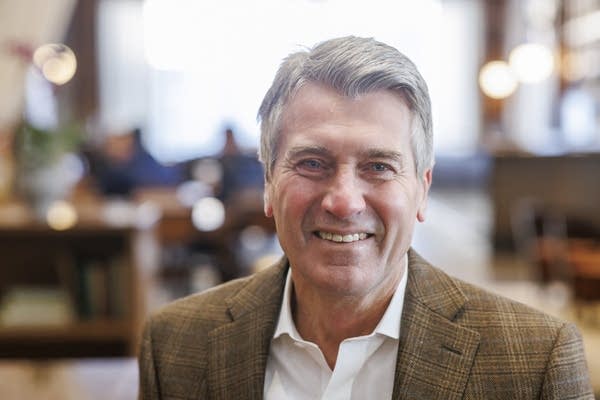Future of Us: After three historic years, what's next for downtown Minneapolis?

R. T. Rybak, former Minneapolis mayor and now president and CEO of the Minneapolis Foundation, is calling for a civic push to help downtown Minneapolis weather pandemic closures and concerns over safety. He says it happened before, when freeways and suburban shopping malls threatened the city center's demise. "We need to fight for cities because … common ground is worth the fight," Rybak said.
Kerem Yücel | MPR News
Go Deeper.
Create an account or log in to save stories.
Like this?
Thanks for liking this story! We have added it to a list of your favorite stories.


